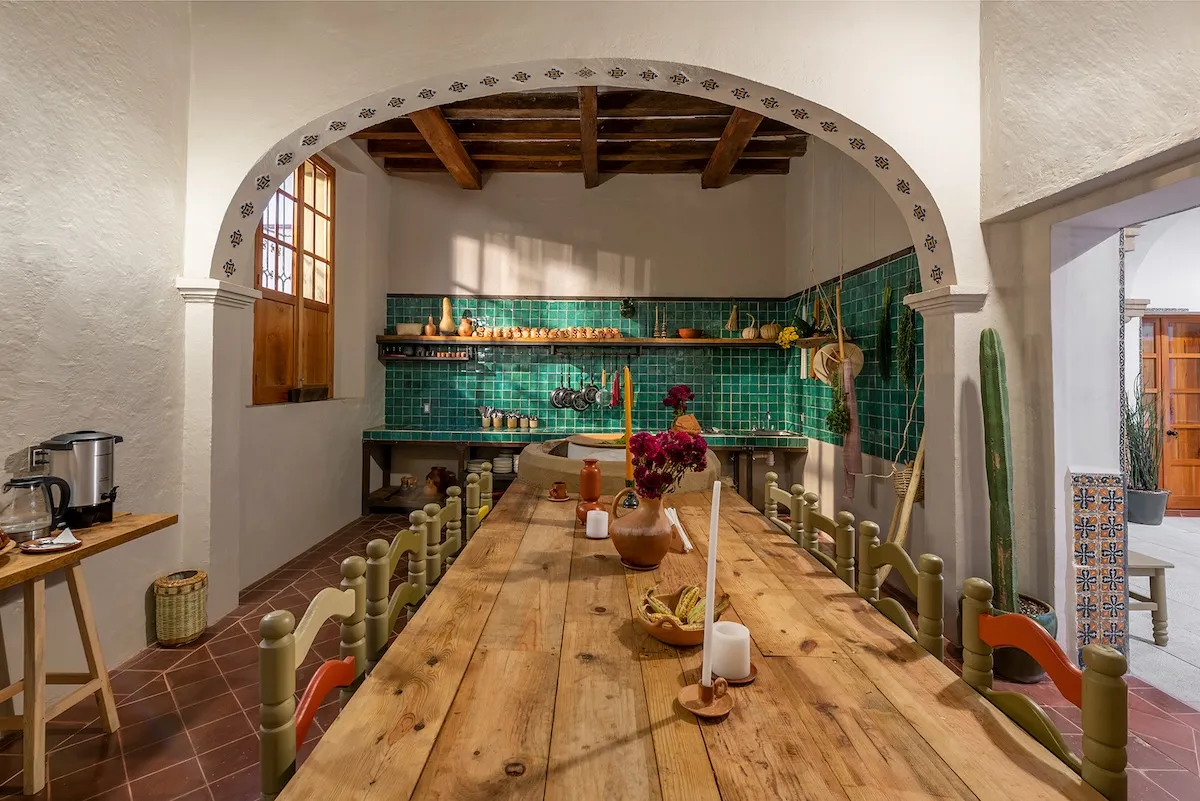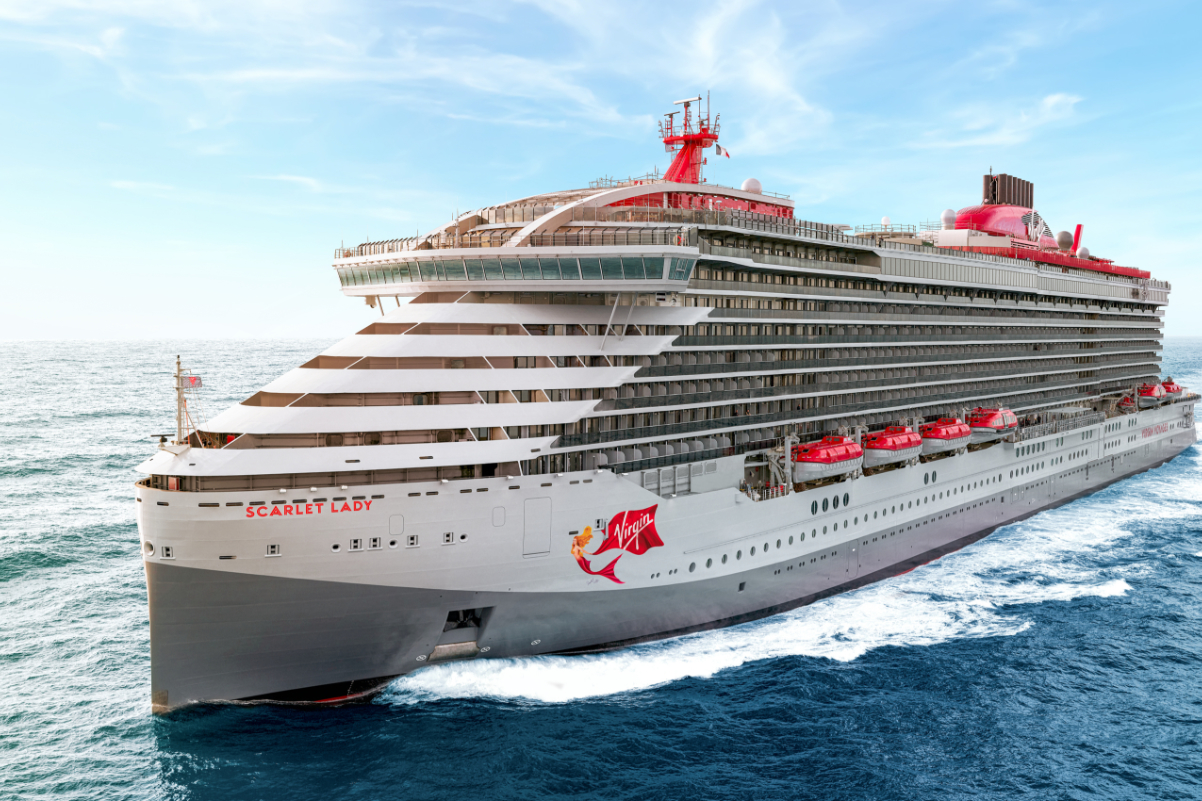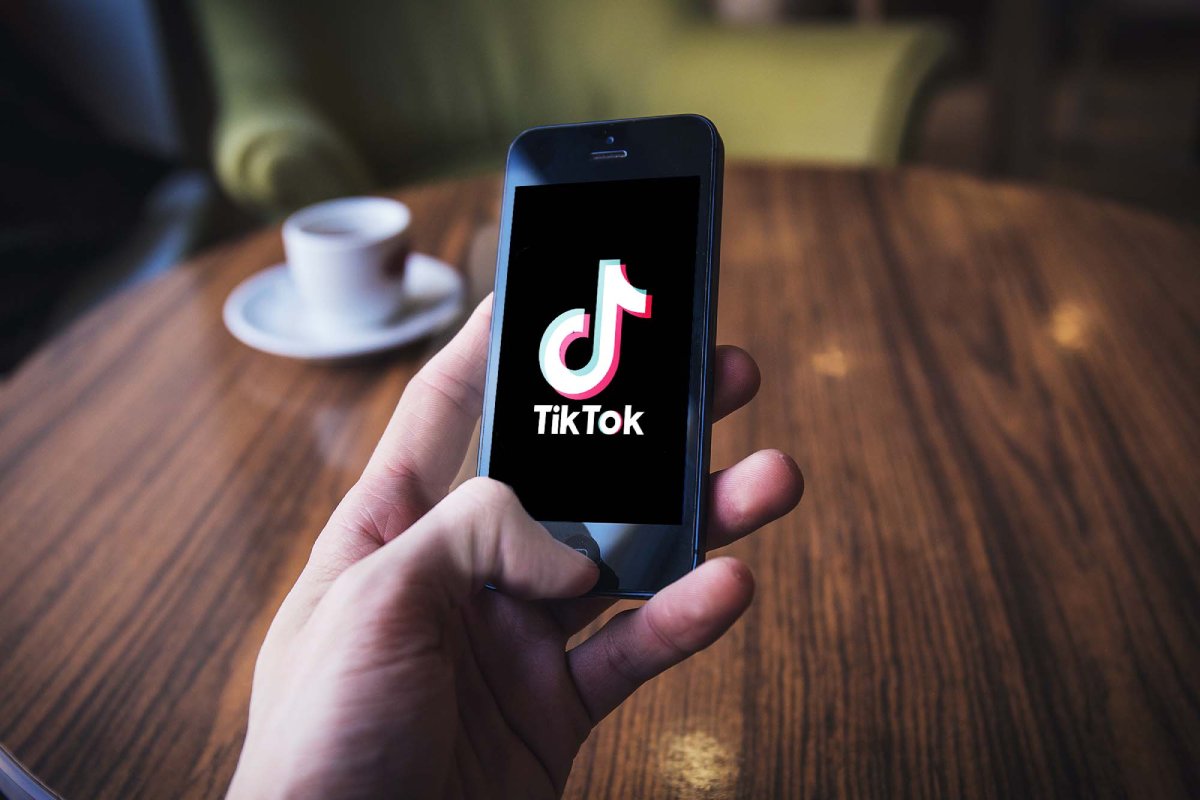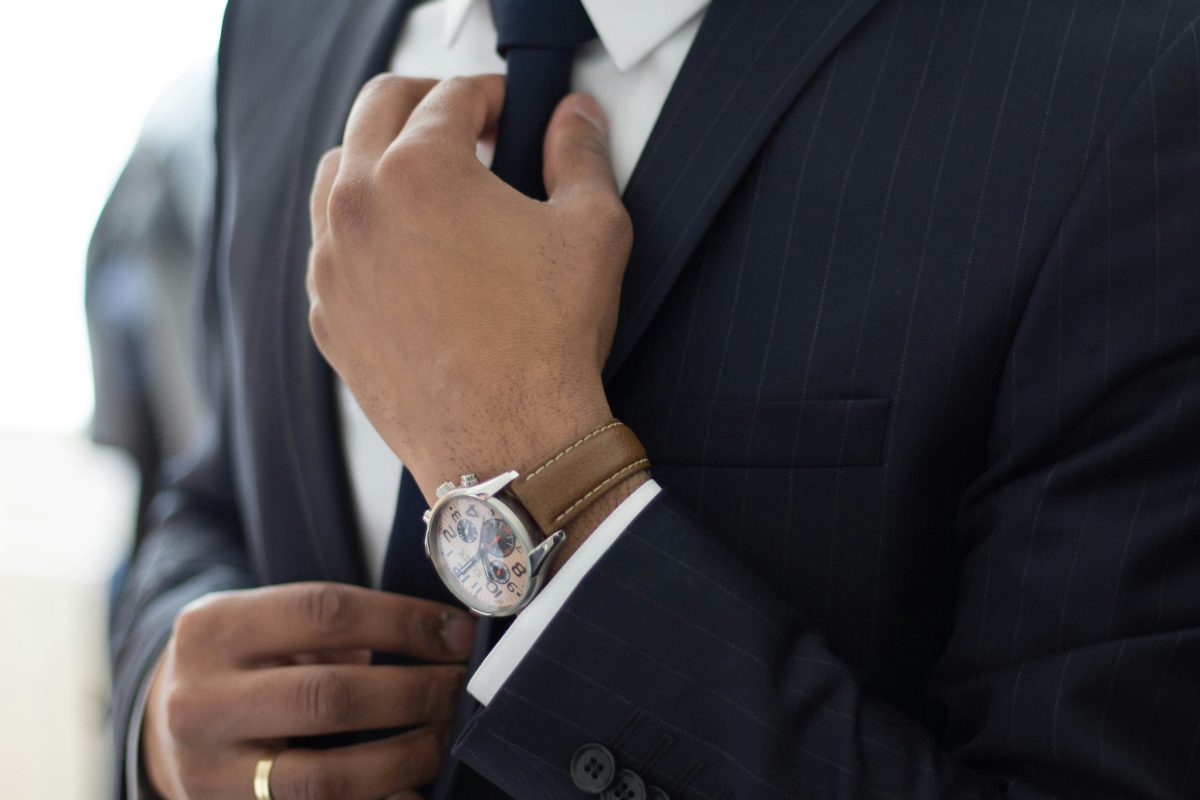Orlando and Birmingham Leaders Grapple With Tourism Identities They Didn't Want
Skift Take
Many destinations wish they could shed certain reputations that they're either not proud of or don't fully represent what they are in 2017.
In the cases of Orlando, Florida and Birmingham, Alabama, they'd rather you didn't exclusively associate them with major theme parks and the Civil Rights-era church bombings, respectively.
But both cities understand that being the theme park capital of the world or one of the largest bedrocks of the Civil Rights movement are still hooks for visitors that they shouldn't avoid.
Finally, Orlando and Birmingham are embracing their pasts and presents, and using those to shape their futures.
Orlando Mayor Buddy Dyer and Birmingham Mayor William Bell spoke at the City Nation Place Americas conference in New York City last week about politicians' and city halls' roles in promoting tourism and how they work with tourism boards to attract visitors.
Bell, who's served as Birmingham's mayor since 2010, said the city was trying to become something it wasn't when he first got the keys to City Hall. "In years past, we tried to be the other Atlanta," said Bell, speaking during the conference. "Then, we figured out we could never be where Atlanta was because, by the time we got there, they would be somewhere else."
"Then, we tried to brand ourselves as the next Nashville," he said. "Yeah, we got a great music scene, but it doesn't compare to Nashville. Then, it was Charlotte and we finally said, 'no.' Let's be what we are. Let's brand our city as the up and coming great southern city that we knew we were and to invite people to come here and see the good people in our community."
Once Birmingham acknowledged its Civil Rights past -- the history that makes it unique --things began to change for the better, said Bell.
"You have to face it head-on," he said. "For a number of decades Birmingham had tried to run away from its segregation history, but it wasn't until we just faced it head-on to talk about it, to look at the positive things that came out of it, that we were able to turn that negative into something that was positive."
Orlando Identity Crisis
Orlando, too, has gone through a similar identity crisis even though it has some of the world's most iconic attractions, said Dyer.
The city in central Florida is consistently the most-visited city in the United States with 68 million visitors in 2016. But many of those visitors never set foot in downtown Orlando, for example, and instead spend most of their time at theme parks and resorts such as Disney and Universal.
"It's a little bit of a detriment for us on the business side of things because when you're thought of just as a vacation capital, people don't realize that your tech industry is actually 20 or 30 years older than your tourism industry," said Dyer, who also spoke at the conference. "It makes it a more difficult challenge to attract business and to attract millennials that you want to have in the community."
Dyer has witnessed the evolution of Orlando's tourism marketing efforts. He's been mayor since 2003 and said the city hadn't been marketing its downtown core -- or really marketing itself at all -- when he first took office.
Most of the tourism promotion was focused on theme parks and resorts, for example, which have no brand affinity with the city.
"One of the interesting things, I suppose, about Orlando is the primary tourism area is not located anywhere near the downtown," said Dyer. "You can fly into the airport and drive to Disney or Universal or the convention center without being within five miles of our downtown, so it's somewhat of a hidden treasure."
"One of the things that we have convinced Visit Orlando to do is to market our downtown as another primary destination within the market," he said.
Because many tourism boards get their funding approved by politicians, both Bell and Dyer recognize that their roles in supporting tourism marketing and encouraging their city councils to do the same.
Mayors as Tourism Leaders
Bell said destination marketers should be direct when working with politicians.
"I was told years ago that a mayor's primary responsibility is to identify and create resources to cover basic services for the residents who live, work and play in the city," said Bell. "But the second biggest responsibility of a mayor is to promote their city."
Being in the spotlight is part of being mayor, said Bell, and that often includes being a city's brand ambassador. "My natural personality is to be behind the scenes, not necessarily out in front, but as the mayor of Birmingham, I'm also the mayor of the entire region of Central Alabama," he said.
"That requires me to be upfront, to participate in all aspects of moving the city forward," he said. "If you're not prepared to take on that role, then you're not going to be too successful, regardless of what your personality might be. The mayor is the spokesperson for the entire community, both in good times and bad."
Dyer, unfortunately, understands about being in the spotlight all too well. On June 12, 2016, a gunman killed 49 people and injured more than 50 others at Pulse nightclub in Orlando, many of whom identified as LGBTQ. The Pulse shooting is the deadliest mass shooting in U.S. history and is considered a terrorist attack.
Suddenly, Orlando became a focus of the world. "I've learned a lot about terrorism incidents since that day and most communities respond with fear and hatred and anger towards the groups or individuals that have committed the atrocity," said Dyer. "Instead, we were able to turn our community towards a response of love and compassion and unity and we are a more unified community today than ever."
"I think that the world saw a little bit more of Orlando than just Disney and Universal," he said. "At Universal, they saw that we were actually a very inclusive community that embraces diversity. So if there's any small, silver lining, it's the fact that the country and the world got to see a little bit more of Orlando."
Bell has also brought Birmingham's residents together to give them a stronger voice in what direction their city is going. "Once upon a time, people said that Birmingham would never change," said Bell. "They said we will always have religion, we will always have the bombings, we will always have the conflict, but it did change."
"We've invited organizations like the UN Commission on Human Rights, UNESCO and other organizations to come to Birmingham to see that change can occur," he said. "Come and have that dialogue among good men and women to try to find the basis of coming together in a positive way. We try to brand ourselves from that perspective."
Making Tourism Cities Livable
Engaging residents in the tourism industry is vital, especially if tourism directly supports one-third of jobs in your city such as it does in Orlando.
Dyer said most residents seem to support tourism. "We had 68 million visitors to our city last year, so if you think about that, it's basically the population of Atlanta visiting Orlando every single day," said Dyer. "It is a little stress on our infrastructure, but it is certainly the number one piece of our economy."
Orlando generates about $240 million in bed taxes a year, said Dyer, that goes to both tourism marketing and economic development. "The tourism community, during the last decade, recognized that they needed to be giving back to the community," he said.
"That half a billion dollars that we spent at the Amway Center, over half of that was first development tax from tourist dollars that was spent in our downtown, which is not one of the primary tourist areas. We're giving back to the community in that fashion as well," he said.
Downtown Orlando, a center for business and residential life for the city, has become a place where residents can enjoy a night on the town, for example, when in years past it was essentially a ghost town after dark.
"We have accomplished some major things in the last 15 years that I have been mayor and I don't want to take much credit for it, but I have instilled the idea of let's work together, let's do this together, let's share the credit, but also if there's blame to share, let's do that as well," said Dyer. "I think that's a theme that runs through our community."
Millennials, in particular, have been top of mind for Dyer and Bell as they work to revitalize their cities' downtowns and make them more appealing places to live and work. "If they feel it's an open city, a city that they can enjoy and relax and associate with their friends and make a decent living and have fun and enjoy their lifestyle...then it just strengthens the ability of the mayor to promote his or her city and bring additional revenue in," said Bell.
Both mayors admit their cities are a work in progress but have made significant progress. "I tell most of the people in Orlando, some of the cities that are as old as us already have their course set, right?" said Dyer. "They're what they're going to be. We're not all we're going to be. We're like a little teenager, 14 or 15 years old and we're still growing up and Orlando is a place of opportunity."
To that point, Dyer envisions Orlando as becoming as big a business capital as it is a vacation capital.
While only time will tell, it's encouraging to see mayors addressing their role in tourism promotion and showing their communities how tourism is an engine for economic development. "I'd like to have us evolve into being known as America's 21st-century city and that entails collecting those millennials," said Dyer. "We have three universities within 60 miles and have 200,000 students, so we have the talent there."
Tourism is a key driver in pushing Orlando and other cities towards that goal. "Somebody told me once that the 1800s were New York, the 1900s were California and the West and this century is up for grabs and I think we're pretty well-positioned to grab it," he said.




